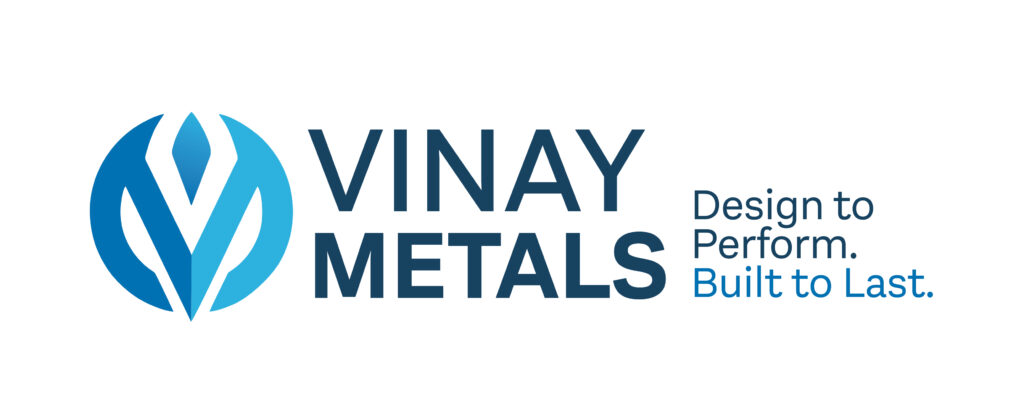Medical Implant Grade Metal Alloys
Austenitic Stainless Steels : Implant Grade
Click on the alloy details to view extended information. We have the following implant grade austenitic stainless steels available.
1.4472 is an austenitic stainless steel with excellent corrosion resistance combined with good mechanical properties. Rigorous selection of the raw materials used in the steel and the use of consumable electrode remelting results in a very high quality grade making 1.4472 stainless steel a great choice for the production of permant surgical implants and osteosynthesis devices.
Material No
1.4472
X4CrNiMnMo21-9-4
ASTM
ISO 5832-9
ASTM F1586
Magnetic
NO
Hardness
ASTM
Machineability
Satisfactory
316LVM stainless steel is an improved rust and acid-proofed chromium nickel molybdenum steel alloy, refined by an ESR remelt process), designed for components with increased chemical stability due to the quality standards ISO 5832-1 and ASTM F-138. 316LVM stainless steel is commonly used in standard implants, surgical instruments and implant screws.
Material No
1.4441
X2CrNiMo18-5-3
ASTM
ISO 5832-1
ASTM F138
Magnetic
NO
Hardness
ASTM
Machineability
Satisfactory
BioDur® 108 stainless steel alloy (a product of Cartech) is an essentially nickel-free austenitic stainless alloy with high nitrogen content to maintain its austenitic structure. BioDur® 108’s tensile and fatigue strength are superior to that of Type 316L (ASTM F138), 22Cr-13Ni-5Mn (ASTM F1314) and 734 alloy. Nonmagnetic and essentially free of ferrite phase.
Material No
X4CrNiMoN23-21-1
ASTM
ASTM F2229
Magnetic
NO
Hardness
ASTM
Machineability
Satisfactory
Cobalt Alloys : Implant Grade
Click on the alloy details to view extended information. We have the following implant grade cobalt alloys available.
Cobalt-Chrome-Molybdenum (CCM) is commonly used in the orthopaedic implant industry, due to its excellent biocompatibility and wear resistance. Biodur® CCM colbalt alloy has a much higher tolerance in the human body than that of Nickel or Cobalt and therefore less toxicity. This makes Biodur® CCM colbalt alloy ideal for implants for knee replacements, hip replacements, shoulder replacements and general fracture fixation.
Material No
CoCr28Mo
ASTM
ISO 5832-12
ASTM F1537
Alloy 1
Magnetic
NO
Hardness
By cold 46HRC
Machineability
Satisfactory
MP35N® cobalt alloy is produced by vacuum induction melting (VIM) followed by vacuum arc remelting (VAR). MP35N® cobalt alloy is a multi-phase nickel-cobalt based alloy with a unique range of properties - ultra high strength, toughness, corrosion resistance, biocompatibility and it is also nonmagnetic. MP35N® cobalt alloy is used in a variety of medical applications including orthopaedic implants, lead wire for pacemakers and cardiovascular stents.
Material No
2.4782
ASTM
ASTM F562
AMS 5844
AMS 5845
Magnetic
Para-magnetic
Hardness
Up to 50HRC
Machineability
Difficulty
Phynox KL is a hardenable, cobalt-chrome-nickel alloy with excellent corrosion resistance and biocompatibility used mainly in implants for joint replacements and other dental and medical applications.
Material No
2.4711
ASTM
ISO 5832-7
ASTM F1058
Magnetic
NO
Hardness
By cold reduction
Machineability
Satisfactory
Titanium Alloys : Implant Grade
Click on the alloy details to view extended information. We have the following implant grade titanium alloys available.
6Al-4V ELI titanium alloy is widely used in the medical industry. Its excellent biocompatibility make it an ideal choice, especially when direct contact with bone or tissue is required. Titanium 6AL-4V ELI (Extra Low Interstitials) has improved ductility and fracture toughness compared to regular 6AL-4V.
Material No
3.7165
ASTM
ISO 5832-3
ASTM F136
Magnetic
NO
Hardness
N/A
Machineability
Satisfactory
6Al-7Nb titanium alloy is a dedicated, medium strength titanium alloy for surgical implants. The alloy was developed specifically for the manufacture of femoral component items used in hip prostheses. The metallurgy of 6Al-7Nb titanium alloy is closely analogous to that of Titanium 6AL-4V but biocompatibility is improved with the replacement of vanadium by niobium.
Material No
9.9367
ASTM
ISO 5832-11
ASTM F1295
Magnetic
NO
Hardness
N/A
Machineability
Satisfactory
Grade 2 titanium alloy is commonly used in both medical and dental implant applications due to its excellent biocompatibility and corrosion resistance.
Material No
3.7035
ASTM
ISO 5832-2
ASTM F67
Magnetic
NO
Hardness
N/A
Machineability
Satisfactory
Grade 4 titanium alloy is a high quality, high strength VAR CP titanium and is totally biocompatible and non-allergenic. Grade 4 titanium alloy is well suited as an implant material and for applications in the medical, surgical and dental fields.



